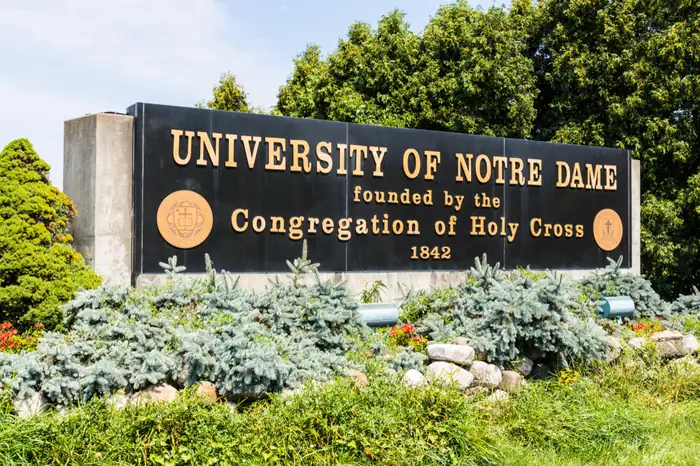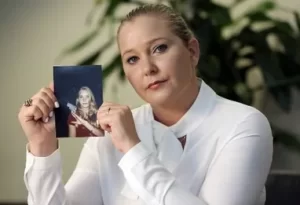William Kurtz, a 2006 graduate of Notre Dame and a survivor of sexual abuse, has written a strong rebuke of how the University has handled allegations tied to former Zahm Hall rector Rev. Thomas King, C.S.C., who served from 1980 to 1997.
Kurtz’s editorial, published in The Observer, an independent newspaper serving Notre Dame, Saint Mary’s and Holy Cross, states that while convening a special committee and launching an external investigation is a necessary first step, the University’s official statement fell short of its own values of always doing “the right thing.”
Writing both as an alumnus and as someone who endured sexual abuse during his sophomore year, Kurtz says Notre Dame has placed its reputation above the support of victims. He points to past examples, such as the University’s response to former student Mark Fuller, class of 1977, who was raped by a rector, the delay in revoking the honorary degree of Cardinal Theodore McCarrick, and the mishandling of Saint Mary’s student Lizzy Seeberg’s tragic 2010 suicide after she was sexually abused by a football player. According to Kurtz, these incidents show a clear pattern of failure.
Kurtz argues that the University’s cautious language—phrases like “may have suffered abuse” and “alleged conduct”—is outdated and echoes the denial strategies Catholic authorities used before the 2002 Boston Globe revelations depicted in the film Spotlight. He stresses that multiple victims of King have already come forward, with at least one alumnus alleging Notre Dame knew about the abuse as early as 1995 or 1996.
Kurtz questions why the University allowed King to quietly “retire” in 1997 rather than addressing the community directly. He also asks why King was permitted to continue in ministry after accusations were known. According to Kurtz, this fits a broader Catholic Church pattern of reassigning priests accused of abuse rather than holding them accountable.
He also challenges the University’s statement that its investigation will provide survivors the opportunity “to be heard.” Kurtz says this is the bare minimum, not true accountability. Victims, he argues, need Notre Dame to provide justice, transparency, and compensation.
Kurtz insists that the University must issue a full public report, similar to the Vatican’s McCarrick Report, instead of releasing only “key findings.” He outlines what genuine support for victims would look like:
- A clear admission that Notre Dame failed in its duty to protect students during King’s tenure.
- A full accounting of how complaints were handled and why safeguards failed.
- New, transparent safeguards to prevent future abuses.
- Compensation for survivors, addressing both the abuse itself and the University’s role in allowing it to continue.
Kurtz concludes that Notre Dame needs a complete paradigm shift in how it addresses sexual abuse on campus. Without it, he suggests, the University will continue to prioritize reputation over the well-being of its students.
Attention Survivors Of Clergy Abuse:
It doesn’t matter how long ago the abuse occurred — it’s never too late to explore your legal options. Even if the priest who harmed you has passed away, or the diocese has declared bankruptcy, you may still have the right to seek justice. Visit our Catholic Church Lawsuit Guide to learn how survivors are filing lawsuits against dioceses nationwide. Compensation and accountability are still possible.




